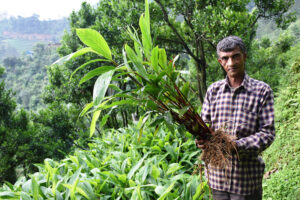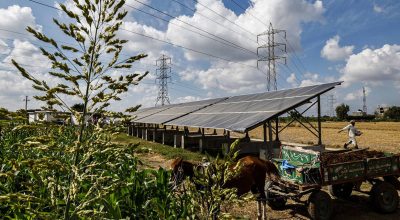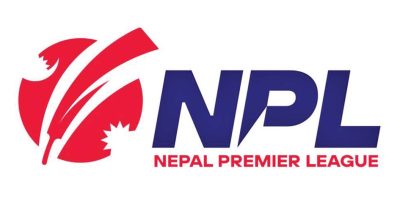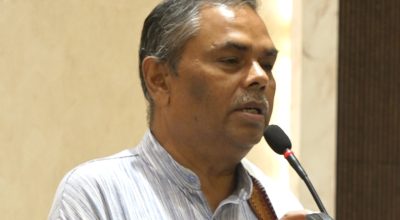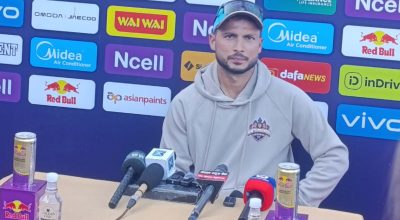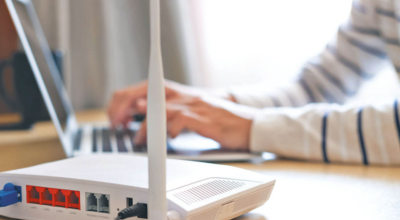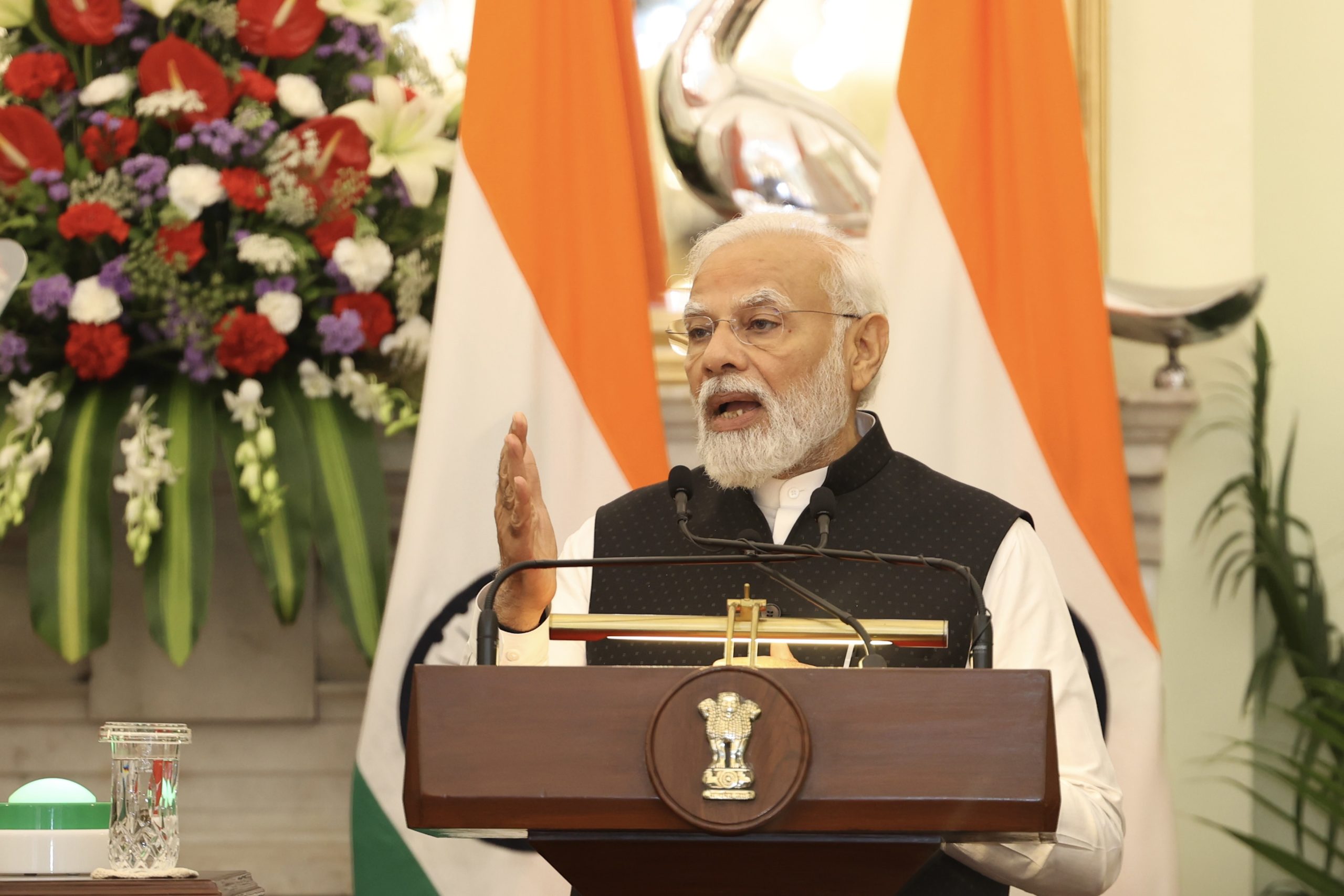
New Delhi, Oct 15 (ANI):
India and Canada have been dealing with an unprecedented diplomatic crisis after Canadian Prime Minister Justin Trudeau alleged that Indian government agents were involved in the killing of Nijjar in Canada. India has rejected Canada’s allegations, terming it “absurd” and “politically motivated.”
On Monday, Canada expelled six Indian diplomats and consular officials in connection with a probe of the killing of Khalistani terrorist Hardeep Singh Nijjar in British Columbia in 2023.
India has also announced its decision to expel six Canadian diplomats, which include Canada’s Acting High Commissioner in India, Steward Ross Wheeler, Deputy High Commissioner in India Patrick Hebert and First Secretary Marie Catherine Joly.
Royal Canadian Mounted Police Commissioner, Mike Duheme on Monday (local time) claimed that they have information on certain criminal activity carried out by agents of the Indian government.
He said, “In the past few years and more recently, law enforcement agencies in Canada have successfully investigated and charged a significant number of individuals for their direct involvement in homicides, extortions & other criminal acts of violence. In addition, there have been well over a dozen credible imminent threats to life which have led to the conduct of duty to warn, by law enforcement with members of South Asian community and specifically, members of the pro-Khalistan movement.”
In a statement on Monday, India “strongly” rejected a diplomatic communication from Canada suggesting that the Indian High Commissioner and other diplomats were “persons of interest” in an investigation and termed it as “preposterous imputations” and part of the political agenda of the Justin Trudeau government.
The Ministry of External Affairs (MEA) said Canadian Prime Minister Justin Trudeau’s hostility to India has long been in evidence and his government has consciously provided space to violent extremists and terrorists “to harass, threaten and intimidate Indian diplomats and community leaders in Canada”.
Although the India-Canada relations reached a new low after Hardeep Singh Nijjar’s killing in 2023. However, the history of strained ties between India and Canada extends beyond current events.
Here’s a series of events that have led to the strained ties between the two nations.
February 2018: A convicted Khalistani terrorist Jaspal Atwal, who was active in the banned International Sikh Youth Federation, posed with Canadian Prime Minister Justin Trudeau’s former wife Sophie Trudeau at an event in Mumbai, during the Canadian first family’s visit to India.
Jaspal Atwal was also invited for a formal dinner with the Canadian Prime Minister, hosted by the Canadian High Commissioner in Delhi. However, the invitation to Atwal to Trudeau’s reception was rescinded. Atwal was convicted of the attempted murder of Punjab minister, Malkiat Singh Sidhu, on Vancouver Island in 1986.
June 2023: Khalistani terrorist Hardeep Singh Nijjar was shot outside a Gurdwara in British Columbia’s Surrey on June 18, 2023.
August 2023: A Hindu temple was vandalised in Canada by extremist elements, with Khalistan referendum posters in the late hours of Saturday, Australia Today reported. The incident happened in British Columbia province in Canada.
September 2023: Canadian Prime Minister Justin Trudeau visited India to attend the G20 Summit on September 9-10 last year.
During his bilateral talks with Trudeau on the sidelines of the G20 Summit, PM Narendra Modi raised “strong concerns” about the continuous “anti-India activities” by extremist elements in Canada, and stated that it is essential for the two countries to cooperate in dealing with such threats, according to MEA.
Even as Canadian PM Trudeau was in India for the G20 Leaders’ summit, Khalistani secessionists held a so-called ‘Referendum’ in Surrey, British Columbia.
Designated terrorist Gurpatwant Singh Pannun was present at the gathering of the Khalistani separatists held at the Guru Nanak Singh Gurudwara in Surrey. He used intimidating language against Prime Minister Narendra Modi, External Affairs Minister S Jaishankar and other leaders.
Justin Trudeau was stranded in Delhi for two days after attending the G20 Leaders Summit due to a technical snag in his flight.
On September 18 last year, Trudeau made the stunning revelation in the House of Commons that there was credible intelligence linking India’s government to the killing of Hardeep Singh Nijjar outside Gurdwara.
In the aftermath, India swiftly retaliated by issuing a statement that denied any involvement in the issue, terming them “absurd and politically motivated.” The Ministry of External Affairs has said that Canada has consistently given space to anti-India extremists.
According to the Ministry of External Affairs (MEA), Canada has not been able to present any evidence to back its claims over Nijjar’s killing.
India also suspended its visa services in Canada after Trudeau alleged the Indian government’s involvement in the killing of a Khalistani terrorist in June.
October 2023: In October, Canada pulled out 41 diplomats from India and also halted its visa and consular services in Chandigarh, Mumbai, and Bengaluru consulates in the wake of the Union government’s decision to strip them of their immunity.
This came after New Delhi conveyed its concerns to Ottawa over the disproportionate number of diplomats in India and sought a ‘parity’ in diplomatic strength.
In October, India resumed visa services in Canada for four categories after a considered review of the security situation which “takes into account some recent Canadian measures in this regard”.
Entry visa, Business visa, Medical visa and Conference visa are four categories in which India has decided to resume visa services in Canada with effect from October 26.
November 2023: Indian High Commissioner in Canada, Sanjay Kumar Verma said that, and India is only asking for “specific and relevant” evidence in the killing of Hardeep Singh Nijjar so that it can help Canada in reaching the conclusion of the investigation. He made these remarks in an interview with Canadian journalist Tahir Gora at TAG TV Toronto.
The National Investigation Agency (NIA) registered a case against ‘listed individual terrorist’ Gurpatwant Singh Pannun over his viral video threatening the passengers flying in Air India and the airlines with a global blockade and closure of its operations from November 19.
The NIA booked Pannun under various sections of the Indian Penal Code and Unlawful Activities (Prevention) Act, 1967. In the video, Pannun urged the Sikhs not to fly on Air India planes on and after November 19 claiming threat to their lives if they flew on Air India. He also threatened that Air India would not be allowed to operate in the world.
April 2024: At the Khalsa Day Celebrations that took place in Toronto, loud chants of pro-Khalistan slogans were seen being raised in the presence of Canadian Prime Minister Justin Trudeau, as well as opposition leader Pierre Poilievre.
As Trudeau was about to take the stage for his address to mark Khalsa Day, the chants were heard getting louder till he arrives and commences his speech in the video released by Canada-based CPAC TV. Slogans of “Khalistan Zindabad” were heard at the event in which, NDP Leader Jagmeet Singh and Toronto Mayor Olivia Chow were also present.
May 2024: The Canadian Police have arrested and charged three individuals in connection with the killing of Hardeep Singh Nijjar. The three individuals were identified as Karanpreet Singh (28), Kamalpreet Singh (22), and Karan Brar (22).
A few days later, the Canadian Police arrested a fourth suspect over his alleged involvement in the killing of Hardeep Singh Nijjar. The accused has been identified as Amandeep Singh (22).
June 2024: Canada’s Members of Parliament from all parties observed a moment of silence for Nijjar, who was fatally shot outside his gurdwara in Surrey.
July 2024: The BAPS Swaminarayan Mandir in Edmonton fell victim to vandalism. Member of Parliament for Nepean, Chandra Arya, voiced deep concern over the escalating incidents of hate-fueled violence directed at Hindu-Canadian communities.
October 2024: On October 15, Justin Trudeau accused agents of the Indian government on Monday of engaging in “clandestine information-gathering techniques, coercive behavior targeting Canadians, and involvement in threatening and violent acts.”
Citing evidence from the Royal Canadian Mounted Police (RCMP), Trudeau claimed that Indian government officials were involved in activities that pose a threat to public safety.
“As the RCMP Commissioner stated earlier they have clear and compelling evidence that agents of the Government of India have engaged in and continue to engage in activities that pose a significant threat to public safety. This includes clandestine information-gathering techniques, coercive behavior targeting South Asian Canadians, and involvement in a dozen threatening and violating acts, including murder. This is unacceptable,” Trudeau alleged while addressing the press conference.
He further claimed that Canadian law enforcement had “made several attempts” to work with Indian counterparts on these matters but were “repeatedly refused.”
Canada’s Minister of Foreign Affairs Melanie Joly has said that the decision to expel Indian diplomats was based on evidence gathered by the Royal Canadian Mounted Police (RCMP) in India-designated terrorist Hardeep Singh Nijjar killing case and urged the Indian government to support the ongoing probe for the benefit of two nations.
In a post on X, Joly stated, “Keeping Canadians safe is our government’s top priority. The decision to expel individuals was based on clear evidence gathered by the RCMP in the Nijjar case. We urge the Indian government to support our ongoing investigation for the benefit of both countries.” #india #canada





